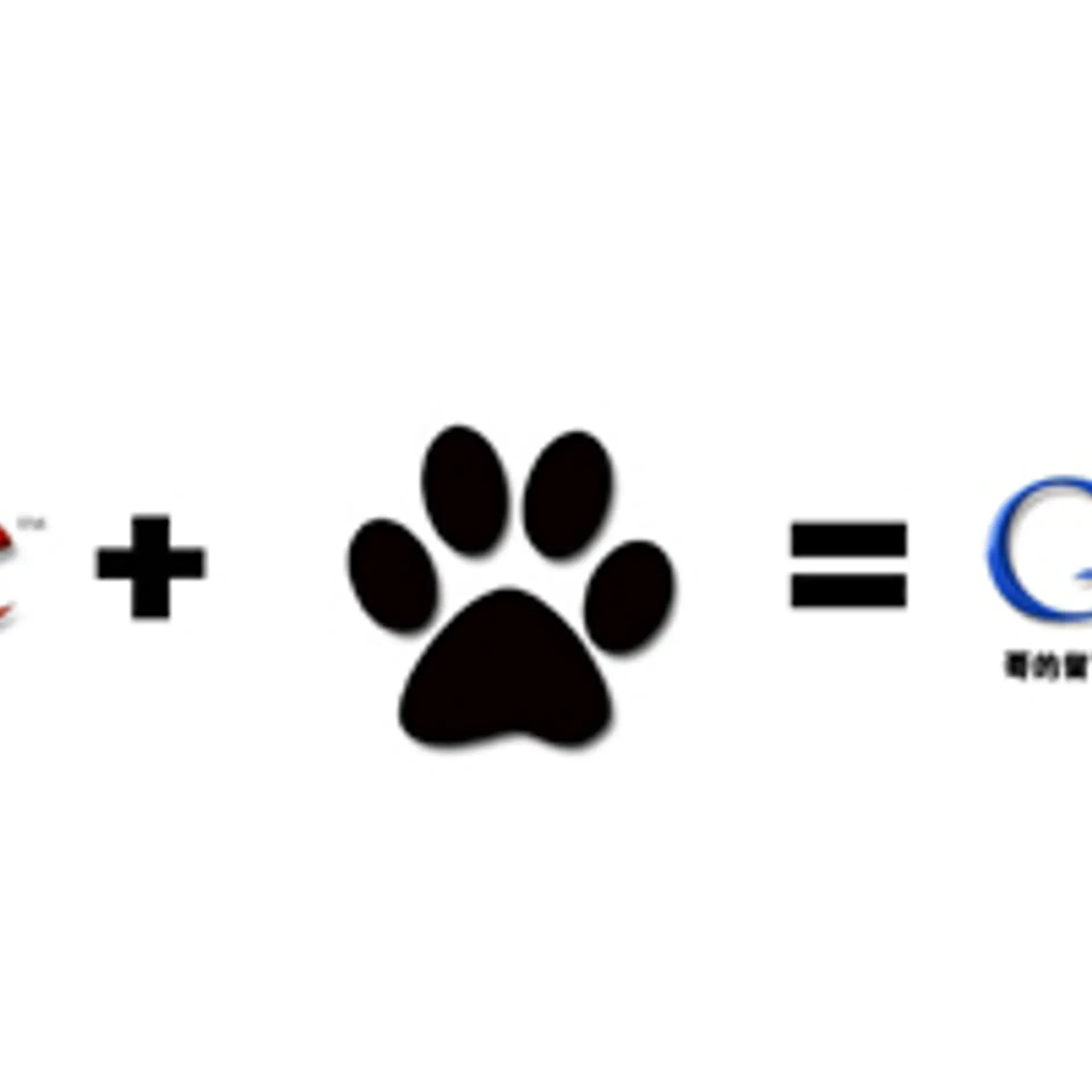

How Businesses Can Benefit From Real Time Data Analytics
Data becomes unusable if it lacks accuracy, and, just as well, information that is not current loses accuracy.
Data Science is incorporated in all functioning businesses. Companies who do not jump onboard with the quickly-evolving methods of analyzing that data are left miles behind those implementing real-time analyzation.
Data becomes unusable if it lacks accuracy, and, just as well, information that is not current loses accuracy. The latest consumer information is always the most valuable for businesses. Obviously, businesses using market information and implementing computing tactics from the 1990’s will quickly fail.
Real-Time Data Analytics Explained
Realtime data is information that is examined and interpreted right when it is received to produce quick, current results. Since data is considered a competitive advantage, many companies are investing heavily in this analyzation to find informational patterns that can help drive the business. This can include predicting customer fallout by other instances gathered and examined by analytic systems.
Data Science includes collecting and deciphering these patterns in the raw information, then further incorporates machine learning and optimizing algorithms. Techniques used within data analytics can solve many complex business problems, or even help evolve smart technology.
Real-time analyzation has become vita for most companies to actualize the potential of their big data, and have full scalability, in hopes of business growth. This need has sparked the rise of in-memory computing, making companies able to handle all of their information appropriately and according to their data management plan.
Data and Its Relevance
The more quickly data is processed, the sooner it is interpreted which produces a bird’s-eye view of the processors doing the computing. The speed of analyzation not only improves the ability to take timely action on data deliverables, but also incorporate other models or analyzation methods to the same data.
Data needs examined in the time it is relevant; consumer preferences and needs are advancing just as quickly as the information used to determine them. For example, the speedier a company can implement changes or strategies based off their learned data, the more of a chance the business can find the correct customer base within their customer base.
Lose Less Data
Most systems cannot process all the information a business generates in a day. The turn around time of most data analyzing processors is 24-hours, but most still cannot manage all viable data presented in that time-frame. Just because the data is collected, there is no guarantee the analytics system will get to it. With new information in pouring in, many important data can be lost, which causes you to miss vital information if you skip ahead or fall behind.
Compared to past computing power, these systems are quite impressive, but as the strength and speed of computing increases, companies need to incorporate these faster analytics for real time results.
The Difference of Real-time Analytics
Real-time data is more imperative for implementing changes to current business situations or future projections. There is a direct correlation between profit loss and down-time in information deciphering. For tech companies, simple bugs or system issues can drive customers away in an instant, so these issues need to be resolved as quickly as possible. Real-time analytics would work to reduce turnover time, thus information on what needs fixed or updated is worked on within minutes of discovering the issue.
Remember, once the company’s data deliverables are met, certain things will need solved or built from that information. The more time in between receiving the information and being able to solve the problem it is examining, the less relevant the issue is to the business. This delay is an issue in most industries, except for those incorporating high-power, high-utilization real-time analyzation.
Real time analytics will even help boost the productivity of advanced marketing techniques used by some of the top companies in the world. Predictive analytics is a huge step forward in marketing but even this technique can only be so accurate when based on dated information.
Understand Your Company’s Data
Data analytics is growing in speed and accuracy, so each business that can incorporate the most competent systems will be able to grow with the evolving world of computing. In our ever-maturing technological world and marketplace, viable data is everywhere, and easily contained in the cloud. Handle this information in real-time, instead of approaching data when it can be out of date, or not fully processed.






